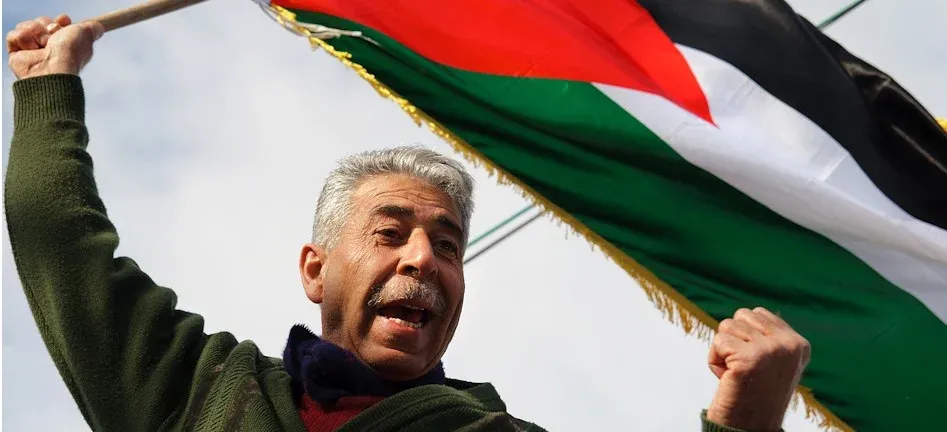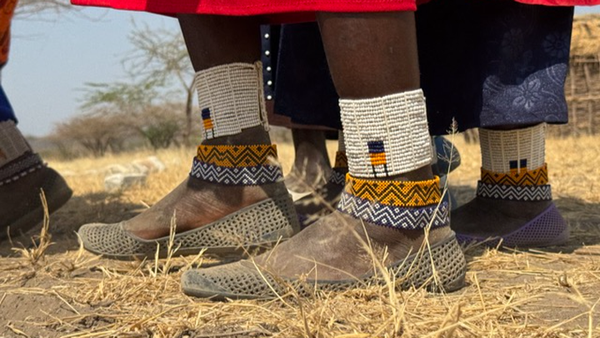Colonial Violence: The Fight for Palestinian Homes in Sheikh Jarrah Continues, And It Has Nothing to Do With Real Estate
To suggest Palestinians should be paying their colonisers to live in their own homes would be an insult, yet that is exactly what the Israeli Supreme Court just did

Access the Audio Read version of this article directly on Spotify for Podcasters.
The violence in Palestine may not be appearing on mainstream news outlets anymore, but the lives of Palestinians under a colonial apartheid system, in the form of the Israeli state, is still ongoing.
On Monday 2nd August, the Israeli Supreme Court heard the delayed appeal from four Palestinian families, which totalled around 70 people, who are fighting against the forced expulsion from their homes in the Sheikh Jarrah neighbourhood. The forced expulsion of these families is to make way for Jewish settlers, who have already been encroaching on large
swathes of areas in Palestine. These are armed settlers who have made their violent presence known in Sheikh Jarrah through sustained attacks on residents, and attempted seizures of Palestinian homes. The lower Israeli courts approved the expulsions of the four families, ruling that their homes were built on land owned by Jews before Israel was established in 1948 (source: Al Jazeera).
Families in Sheikh Jarrah have been fighting for their homes for nearly 30 years, and so to have the Supreme Court offer the ‘compromise’ they did was hugely insulting to residents. The Court suggested an offer whereby the Palestinian families would be granted a form of protected tenancy, and avoid being evicted, on the condition that they relinquish any claims of ownership over the homes and land in Sheikh Jarrah. In other words, Israeli settlers would own the land but would rent out the homes to Palestinians. Residents would then be paying their colonisers to live in their own homes. Homes they’ve owned for generations. Not only would Israeli settlers own the land, but they’d also have a guaranteed income off the back of this acquired land.
And it isn’t just the potential of being forcibly evicted from your home. Palestinians in Sheikh Jarrah also have to contend with living under a blockade for the past few months. Since May 2021, Israeli forces have been stationed at all five entrances to Karm Al Jaouni, in the Sheikh Jarrah neighbourhood, allowing entry only to ambulances, UN vehicles, and residents who have to present identification documents. The United Nations found that between 30 April and 22 May, more than 110 residents were injured by sponge-tipped bullets, physical assault, stun grenades or gas inhalation (Source: OCHA). This violence in Sheikh Jarrah is one of the main factors that led to the escalation of violence in the rest of the region earlier last Spring, which included the killing of 248 Palestinians in the Gaza Strip, and the destruction of vital infrastructure.
This court case has been framed by the Israeli state, who has constantly stated they have little to no involvement in eviction matters, as a ‘real estate dispute’. But that is simply not true. The Israeli legal system is part and parcel with the Israeli government. The colonial violence doesn’t start and stop with the government, but is filtered down through its institutions, including the courts. Israeli laws and policies are very much present to prop up and continue the apartheid system that has been in place for decades, as it provides the ‘legal’ justification to inflict constant violence on Palestinians.
To frame forced expulsions as a real estate dispute also completely minimises the wider factors at play. How can it be a real estate dispute when you’re forcing people out of their homes so that Israeli settlers can take their place? It has nothing to do with real estate, and everything to do with the attempted displacement and erasure of the Palestinian people. It’s genocidal violence. The long history of colonialism cannot be ignored in this court case, because forcibly removing people from their own homes is a form of colonial rule in itself.
The four Palestinian families rejected the Supreme Court’s ‘compromise’ offer, and the case has now been adjourned, with no date given for when the second hearing would take place. Many parts of this case may still be up in the air, but one thing is for sure, the Palestinian families of Sheikh Jarrah will not stop fighting for their rights and for their homes.





